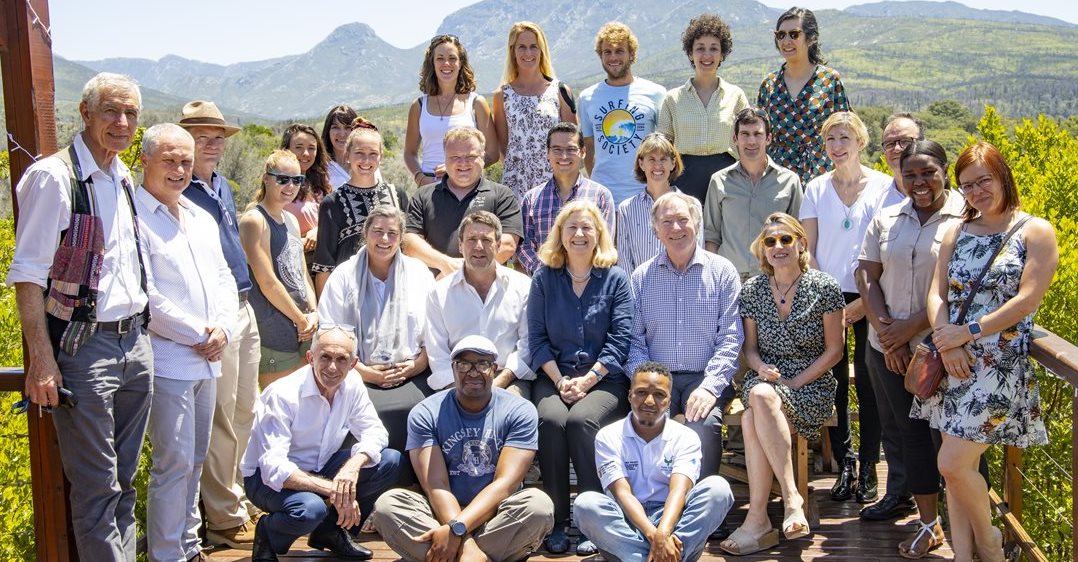The International Research Laboratory, as labs established by the CNRS outside of France are known, will be based at the Sustainability Research Unit (SRU) on the university’s George Campus. With the theme Reconciling ecological and human adaptations for biosphere-based sustainability (Rehabs), the research is at the confluence of conservation and sustainability science, with a strong focus on promoting longer social-ecological systems research.
Mandela University Adjunct Professor Hervé Fritz has been instrumental in putting together the IRL partnership, building on the existing strong academic partnership between the institutions.
Funding provided by the partner institutions is predominantly for PhD candidates and postdoctoral fellows, but some master’s level students will be considered. There will be reciprocal research visits between France and South Africa, with a cotutelle (joint doctorate) agreement envisaged so that PhDs will be recognised by both Nelson Mandela University and the University of Lyon.
“The idea is to develop an understanding of the position and effect of humans in the overall ecosystem, in the way the biosphere works, and how the natural environment benefits humans. Linked to this is how you set up the governance of these critical issues,” Prof Fritz explains.
“We address this through cross-cutting projects, such as a project researching how to make multifunctional landscapes sustainable in delivering the ecosystem services humans rely on. Another will be on how to manage livestock farming hand-in-hand with environmental stewardship so that livelihoods and the environment can both flourish. Or how to plan a town around ecological services, such as water; how to incorporate biodiversity in livelihoods in the face of climate change, and what adaptations are required to cope with environmental risks.”
“The project would include citizens and stakeholders as we need to bring them together to create or strengthen the ecological connection. By unravelling how people understand the environment and ecosystems, and how they practise their production systems, we can look at how changes could be introduced to advance production, ecosystem and biosphere sustainability.”
Excerpts from the IRL proposal document read: As this continent transforms over the next few decades, it will offer unique opportunities to explore ecosystem-based solutions and new adaptation pathways to global change, to improving human well-being while considering the sustainability of the biosphere.
The societal context of this transdisciplinary hub initiative stems from the conference Seedbeds of Transformation for Africa: The Role of Science with Society and the Sustainable Development Goals in Africa, held in May 2018 in Port Elizabeth. (https://seedbeds.futureearth.org/).
Africa is expected to be the fastest developing continent in the next 30 years. The associated infrastructure development in the context of climate change will impact on Africa’s ecosystems and will lead to the emergence of several ecological frontiers – areas where the ecological foundation of Africa’s growth could be chipped away or destroyed altogether by development.
We should therefore adopt the vision that all sustainable development goals are interconnected. Hence solutions for promoting biosphere-based sustainability sciences and achieving inclusive environmental governance increasingly rely on the use of a social-ecological system lens to frame research questions, and inter- and transdisciplinary methods to conduct our studies.
CNRS Institute Ecology & Environment: http://www.cnrs.fr/inee/
